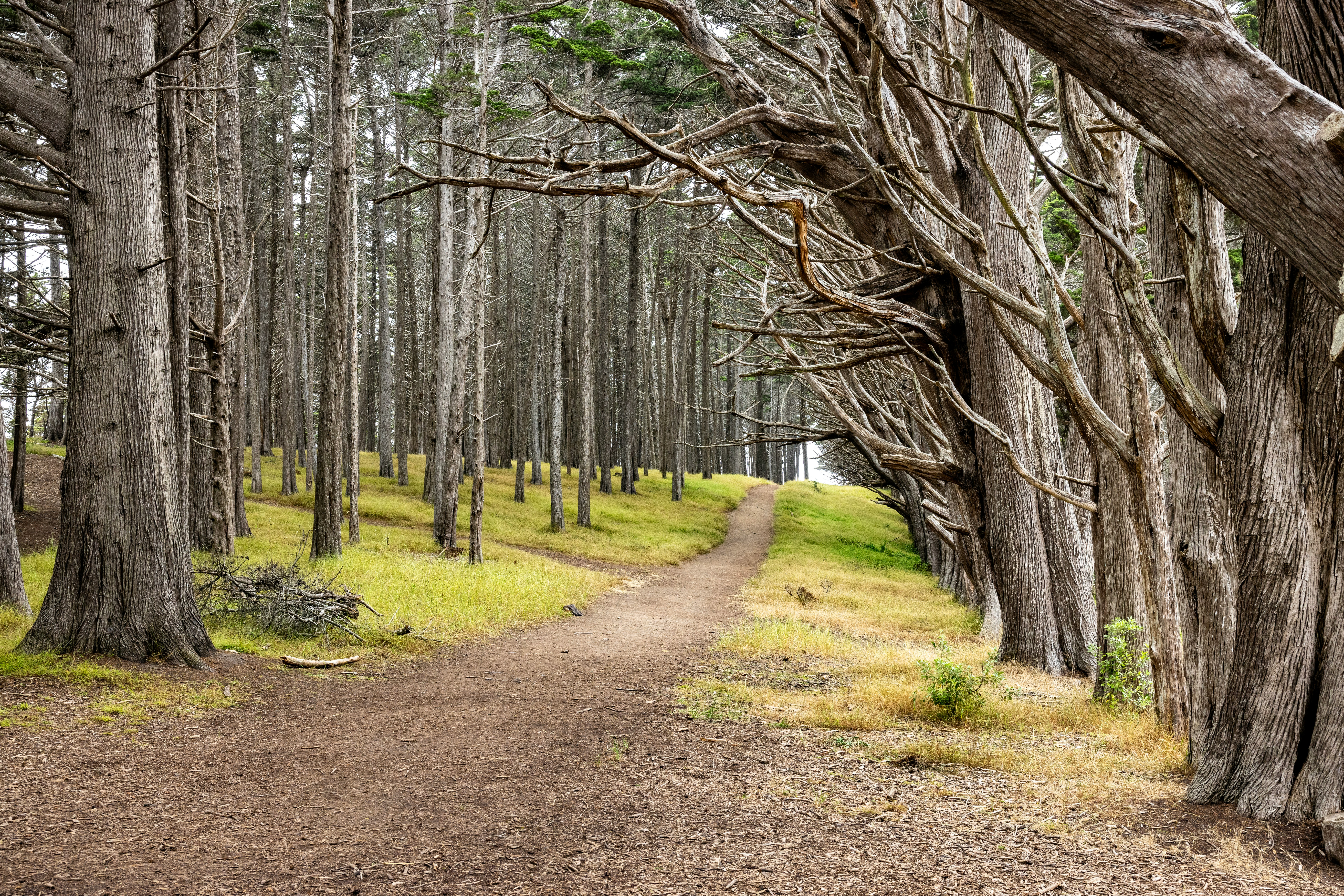
In an increasingly urbanized world, access to natural spaces is becoming a luxury rather than the norm. However, research continues to highlight these spaces’ profound impact on mental and physical well-being. Natural spaces offer benefits far beyond aesthetic appeal, whether it’s a park, a forest, or even a small garden. From reducing stress to boosting immune function, the importance of these areas for our overall health cannot be overstated.
The Psychological Benefits of Nature
The human connection to nature is deeply ingrained, and it’s no surprise that spending time outdoors has a powerful impact on mental health. Studies consistently show that time spent in nature can significantly reduce feelings of stress and anxiety. For instance, simply walking in a park or sitting by a calm body of water can provide a sense of peace that’s difficult to achieve in more urban environments.
Exposure to natural elements has been shown to reduce cortisol levels, the hormone associated with stress. As a result, individuals often experience improved moods and a greater sense of well-being. Moreover, nature offers a space for reflection, creativity, and mindfulness, key components in managing mental health. By disconnecting from the constant demands of modern life, people can reset their minds, leading to clearer thinking and better emotional regulation.
Boosting Physical Health with Natural Spaces
The benefits of nature extend far beyond mental health. Spending time outdoors significantly enhances physical well-being. Natural environments encourage movement, whether walking, hiking, cycling, or enjoying an afternoon stroll. These activities promote cardiovascular health, improve muscle strength, and boost fitness.
Furthermore, natural spaces can improve sleep patterns, a critical factor for physical health. Studies indicate that spending time in green spaces can help regulate circadian rhythms, leading to more restful and restorative sleep. As a result, individuals who frequent these areas often report feeling more energized and less fatigued.
Enhancing Immune Function
Exposure to natural spaces does more than improve mood and fitness—it also plays a key role in boosting the immune system. The concept of “forest bathing,” popular in Japan and now practiced in many other countries, highlights how spending time in forests can enhance immune function. Trees release phytoncides, natural chemicals that can improve the body’s ability to fight infection and disease.
Research has shown that even brief exposure to forests can increase the number of natural killer cells in the body. These cells are vital for detecting and combating harmful pathogens and cancerous cells. This connection between nature and immune health underscores how regular time spent outdoors can be essential to maintaining physical health.
Improving Cognitive Function and Productivity
Being in natural spaces benefits your body and mind in terms of relaxation. It can also sharpen cognitive function and enhance productivity. Studies have demonstrated that exposure to nature can improve focus, attention, and memory. For instance, workers who take breaks in natural environments are often more creative and productive than those who stay indoors.
Incorporating natural elements into workspaces, such as plants or outdoor meeting areas, has been shown to reduce mental fatigue and increase concentration. Combining fresh air, greenery, and natural light helps people stay engaged and focused. This is especially important in today’s fast-paced, high-demand work culture, where many struggle to balance mental clarity with a constant barrage of information.
Creating Community and Social Well-being
Natural spaces also contribute to the well-being of communities. Parks, gardens, and other shared green spaces foster social connections, encouraging people to gather and engage with one another. These spaces offer opportunities for family outings, exercise groups, and local events that strengthen social bonds.
Strong social connections are critical to mental health, and shared outdoor spaces provide a perfect setting for building those relationships. Additionally, these communal areas promote inclusivity, providing a safe and accessible place for individuals from all walks of life to come together. Whether meeting friends for a picnic or joining a group exercise class, these interactions in nature can lead to long-term improvements in community well-being.
Natural spaces are more than just scenic spots; they are essential to our mental and physical health. Whether seeking to reduce stress, improve our fitness, enhance our cognitive abilities, or connect with others, the benefits of spending time in nature are undeniable. As cities continue to grow and develop, ensuring access to these natural spaces is crucial for maintaining the health of individuals and communities alike. The next time you feel overwhelmed or fatigued, consider stepping outside into a natural environment. The revitalization of both body and mind may be just a breath of fresh air away.